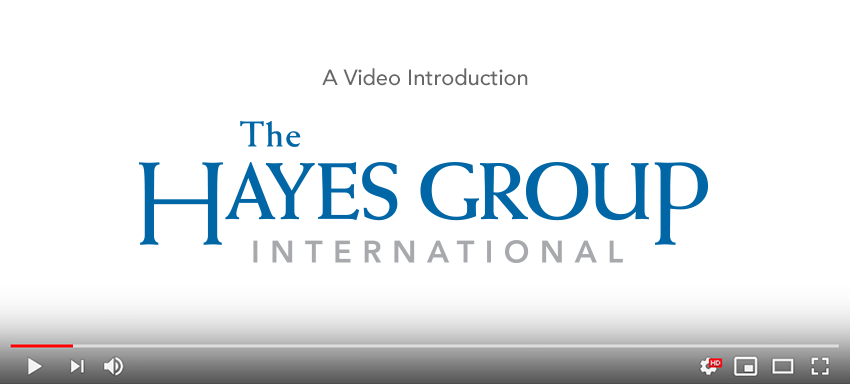Organizations that succeed have proud employees (Part 1 of 3)

Editor’s note: This is the first of a three-part series on building successful organizations.
Proud people working together to achieve clearly defined objectives. This is what I have observed successful organizations to be. The statement includes three critical components: proud people, working as a team and working toward clearly defined objectives.
In this column I will address the first of these components: proud people. In future issues the other components will be discussed.
The core of any organization is its people. But in a successful organization, people are proud. They are proud of the quality of what the organization does, proud of the contributions they make and proud to be associated with the organization. And this pride shows in the manner in which people respond to the question “Where do you work?” Their bodies and voices project pride as they answer, “I work for. . .”
But why are they proud? What have the company and its managers done to stand out: hiring the right people, expecting accountability, getting involvement and providing recognition.
An old management axiom states: “Give me the right people and watch me manage.” Changed slightly, let it be said, “Give me proud people and watch our organization do well.” People who exhibit pride in what they have done are potentially proud employees.
There is no perfect way to find proud people, and even good managers will err from time to time. In looking for proud people, look at their past experiences. Did they get involved in co-curricular activities in high school or college? Did they contribute toward their college education? Have they stayed with a job for a reasonable length of time?
When asking questions about the person’s work experience, note carefully the tone of his or her responses. Are the responses positive or negative? If the tone is basically positive, you may very well be talking with a potentially proud employee.
Proud people are those who are accountable for their actions. Being responsible is important for all employees, but it is especially important for quality first-line supervisors.
Supervision is not easy. By definition, the first-line supervisor must be a part of management. On the other hand, often the first-line supervisor was an employee in the same work area. It is not easy to instantly become a part of management, yet proud supervisors must demonstrate that they are indeed part of management.
They must give quality feedback to employees on their performance whenever it needs to be improved, without attributing that feedback to “Management wants this . . .” or “My boss said. . .” Proud supervisors don’t look for someone to blame. They act responsibly – accountable for their supervisory decisions.
Proud people have ownership in the quality products or services the organization provides. And I don’t mean stock ownership; I mean the feeling and knowledge that they personally had something to do with the end result.
Successful companies contribute to this ownership by getting employee involvement. There are many means for getting involvement, but two stand out: participative management and quality teams. Quality teams will be addressed in the next column in this series.
Much has been written on participative management. Its most important principle is getting involvement. The best way to get involvement is to ask questions: “What do you think we should do?” “What do you think about. . .?”
Obviously we don’t ask questions simply because someone told us to. We ask in order to get good ideas, and, in the process we build employee ownership and pride.
Proud people increase their level of pride when they receive recognition for work well done. Many people are concerned that they not overdo praising others. Too much praise, they contend, results in gushiness.
Fear not, for after more than 20 years of management consulting and training, I can think of only one instance in which verbal praise was overdone. Most of us, including me, should fear just the opposite. We tend not to take the time and energy to recognize quality work.
Responsibility for giving recognition does not rest solely with the manager. Nowhere is it written that we should avoid recognizing peers, customers and even bosses when it is deserved. Remember, quality recognition builds pride.
Responsibility also does not rest solely with individuals. Successful companies have effective recognition programs. Many of these relate to pay-for-performance and include incentives. These programs often are developed by the employees, resulting in a two-pronged approach to building pride: ownership and recognition.

